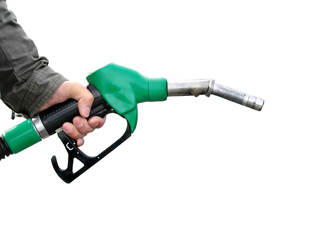By Robert Pilkington, managing director, Leaslink International, Ebbon-Dacs
The fleet industry needs a standardised, harmonised safety recall scheme to make sure defects are corrected as quickly as possible and that fleet operators continue to meet their duty of care obligations.
It is for this reason that we are working with the BVRLA and other stakeholders to create a free-to-use electronic vehicle recall system.
The first major pilot scheme is set to start in the next few weeks involving two or three vehicle manufacturers and a similar number of leasing companies.
After successfully completing the trials, we plan to work with the BVRLA on a progressive plan to bring on all possible fleets and manufacturers.
Why the need for a standard system, underpinned by a communications protocol that makes it available for everyone instantly and free of charge?
Well, previously the 30-something vehicle manufacturers in the UK had their own systems in place, with various different systems of notifying fleet operators when a recall was due.
Last year almost one million vehicles were subject to a safety recall notification in the UK, presenting fleet owners with costs in administering and managing the range of paper and digital recall notifications they received.
One of the BVRLA’s long-term objectives has been to provide a standardised, free-to-use recall system for its members, who own and operate more than 2.5m vehicles.
We are now on track to deliver a web-based vehicle recall system that will provide a single location for all manufacturers or their appointed agents to list safety recall notifications.
BVRLA members can then retrieve the information by submitting their own fleet data for comparison purposes.
The new system will advise fleet operators of which vehicles on their fleets are affected by recall notices.
Our primary objective in introducing this new ‘standard ‘ on behalf of the BVRLA is to simplify the process and reduce the administrative burden fleets face in handling vehicle recalls, leading to greater efficiency, lower costs and faster safety recall handling in the future.





















Login to comment
Comments
No comments have been made yet.